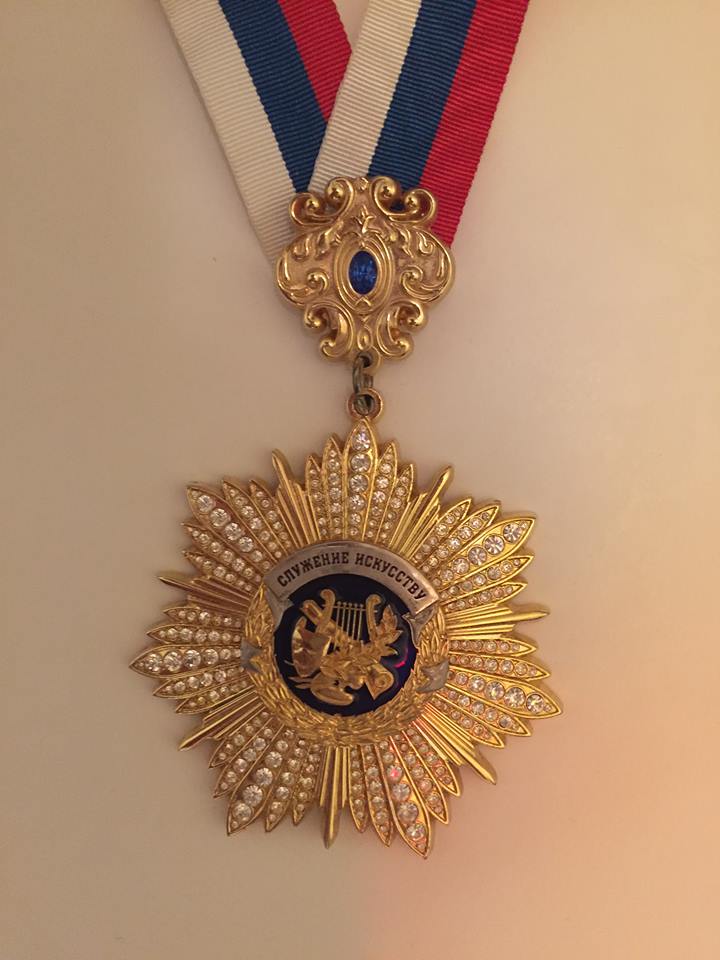Leonid Hoffman Bio

Leonid Hoffman was born in Moscow in the year 1945.
His music studies started from his yearly childhood. He studded violin and piano as well as music composition.
Later in the year 1966 Leonid Hoffman found his teacher Phillip Hershkowitz. This was the most significant event in his life... Followed with the six years of intensive study and more then twenty years of friendship. The tutelage under Philip Hershkowitz (a brilliant musician, himself a student of Alban Berg and Anton Webern) has determined the way of composer Leonid Hoffman, who was raised in the tradition of German-Austrian culture. Leonid Hoffman's approach to the musical theory and musical education is based on values of New Vienna School. In his theoretical works, L.H. continues and develops traditions of the Second Vienna School - the art of music analysis that was cared on and brilliantly developed by Phillip Hershkowitz. Hoffman's essays aim to defend the classical criterions of music, «the art can only be measured with the measure of art, - everything else is profanation».
Leonid Hoffman's music is performed at many concerts and festivals in different cities of the world: In Moscow, Kuhmo, Nijni Novgorod, Toronto, Venice, Vilnuse, Hong-Kong; Omsk and Ekaterinburg, Colorado and Virginia, Kiev, Odessa, Kroit just to mention a few...
Leonid Hoffman gave a series of lections and seminars: in Russian Humanitarian State University («Music by great Masters, as the musical method of understanding»); in the University of Colorado and Colorado-college («1000 years of Russian culture»); Moscow State Tchaikovsky Conservatory («An accidental phrase of Herskowitz», Schoenberg fest. in Moscow); Russian Science Academy («The truth in science and arts and the national school»); Nijni Novgorod Conservatory (Seminar dedicated to the question of teaching composition) etc...
The geography of the composer's activity is very broad.
Leonid Hoffman appears on the stage as a conductor as well.
His music is performed by well-known musicians: Mikhail Vaiman, Dina Yoffe, Yuri Polubelov, Svetlana Savenko, Mikhail Arkadiev, Alexander Rudin, Pavel Vernikov, Mak Ka Lok, Murad Annamamelov, Alexei Utkin, Igor Kirichenko, Igor Voloshin, Vladimir Mendelssohn, Mark Pekarsky, ILya Hoffman and others.
Leonid Hoffman's music is attributed with the laconism of statement and high concentration of thought, as well as the structural variety and the intense integrity, easy change of characters and emotional saturation. During some 6 minutes you can hear something reminding you prelude and fugue, scherzo, sonata or a small rondo (as in is in the Fantasy for violin and piano) recitative, minuet, waltz, march and scherzo (like in the piano trio). This variety creates a strictly monolithic musical form that can be built just on one and the only row, as it is in the Fantasy for violin and piano. «Wealth on the ground of economy».
In the vocal genre, composer appears as a accurate «translator» of a poetry into the language of music. For example O.Mandelshtam's poem «On the pale-blue enamel» from the cycle «Three songs for voice and piano», where the poetical metaphor - a comparison between the birch branches' showing up against the sky sliding into evening and the picture contoured on the porcelain plate - reviles to us by means of the musical composition, in the structure of saturated and clear polyphonic script.
Leonid Hoffman transcriptions of the classical composer's works (A. Berg piano sonata op.1 for viola and orchestra, A. Schoenberg op.19 for chamber orchestra, P.I.Tchaikovsky «The seasons», S. Prokofiev the 1st violin sonata and others...) are also "translations" in some sense. Translations from the language of piano into the language of orchestra. Their goal is to revile the author's idea.
Certainly, we have to mention Hoffman's amazing literature translations of A. Schoenberg (from the book "Style and idea") and the poetical translations of German poetry, that is in the base of vocal works by A. Schoenberg, A. Webern, G. Mahler, E. Krenek.
Special thanks L.Hoffman deserves for publishing the theoretical works of his teacher Philip Herschkowitz.
L. Hoffman for many years is lieder in Scientific & educational center "Arnold Schoenberg course".
He is a Cavalier of the Order of the "Ministry of Art".